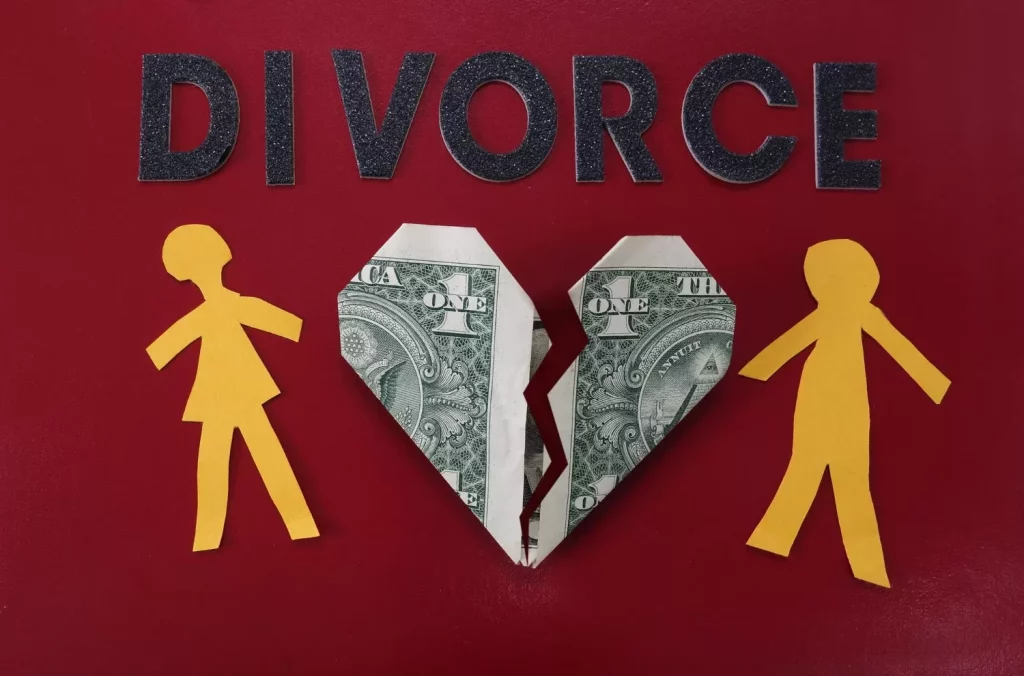Mediation vs Divorce: Understanding the Differences
Have you ever wondered if mediation could be a better option for your divorce? The Boston Divorce Lawyer breaks down the differences between mediation and traditional divorce proceedings. Discover how mediation can save you time, money, and stress in your separation process.
As stated by the American Bar Association, mediation allows couples to work through issues with a neutral third party before deciding to divorce. Mediation can lead to more amicable resolutions and can be less expensive than going through a traditional divorce process.
Definition
In mediation, a neutral third party helps the couple talk about their problems and make agreements on things like property, children, and money. Mediation usually costs less and takes less time than going to court. It also helps the couple communicate better and cooperate to find solutions.
Divorce, on the other hand, is the official process of ending a marriage. It involves going to court, where a judge makes decisions about property division, child custody, and spousal support if the couple can’t agree. For real, divorce can be more expensive and take longer than mediation. It can also cause more conflict, especially if the couple can’t agree on important issues.
Benefits
Mediation can be cheaper than a traditional divorce because it usually means fewer lawyer fees and court costs. It also helps couples settle things faster, avoiding long court fights and delays.
In mediation, both spouses have more say in how their divorce is settled. They work with a neutral mediator to agree on what works for both of them. This often leads to better outcomes since both sides have a hand in making decisions.
It seems that mediation is usually less hostile than a regular divorce, which can help keep important relationships intact, especially if kids are involved. By working together, couples might be able to stay on better terms after the divorce.
Another plus of mediation is that it’s more private than going to court. This means personal details can remain confidential.
All in all, mediation can be a cheaper, faster, friendlier, and more private way to handle a divorce compared to the traditional court process.
Process
Mediation is a way for couples to work together and find solutions by communicating openly. The focus is on cooperation, not conflict.
Divorce, however, is a legal process where a couple officially ends their marriage through the court. It often involves lots of arguing, emotional stress, and can be expensive. Each person usually has their own lawyer to fight for their interests in court.
In mediation, a mediator helps the couple talk and negotiate. The mediator encourages them to understand each other’s views and find a fair agreement that works for both. On a serious note, the aim is for both parties to be satisfied with the outcome.
In divorce, the court and the state’s laws guide the process. A judge makes the final decisions based on legal rules and the evidence shown in court. This can take a lot of time and money, and the judge’s decision is final.
Cost
Mediation tends to be cheaper than going through a traditional divorce. In mediation, a neutral person helps the couple agree on things like child custody, visitation, and splitting assets. This way usually takes less time and costs less than battling it out in court.
In a regular divorce, each spouse needs their own lawyer, which can get expensive fast, especially if the divorce turns ugly and drags on. You also have to pay court fees and other expenses, adding up the costs. Come to think of it, with mediation, the couple works together to find fair solutions, rather than letting a judge decide. This can make the process faster and cheaper. Some mediators even adjust their fees based on income, making it easier for couples who don’t have a lot of money.

Outcome
They work together to come up with an agreement that satisfies both sides through cooperation, talking, and making compromises.
In a divorce, however, a judge makes the final decision based on the evidence each side presents in court. This process can be confrontational, with each side trying to win.
Mediation often leads to better and more satisfying results because both parties have a say in the decisions. In other words, they usually feel more content with the outcome since they were directly involved in the process.
In contrast, the result of a divorce is less predictable and might not make either party happy. The judge makes the final call, and there’s no certainty that anyone will be pleased with the decision.
Bringing it All Together
The choice between mediation and divorce depends on the individual circumstances of the couple.
What TheBostonDivorceLawyers is recommending to get is, while divorce may be necessary in cases of abuse or irreconcilable differences, mediation offers a more collaborative and cost-effective approach for couples seeking an amicable resolution. Both options have their advantages and disadvantages, and it is important for couples to carefully consider their options before moving forward.







